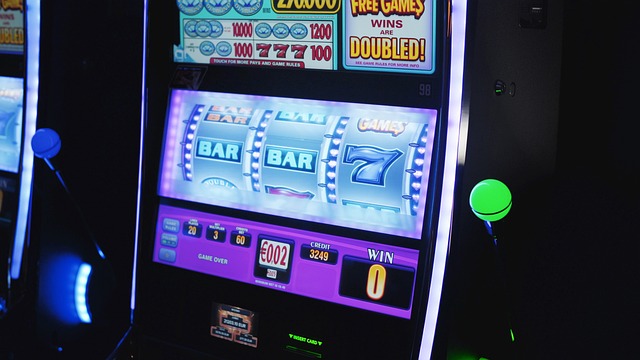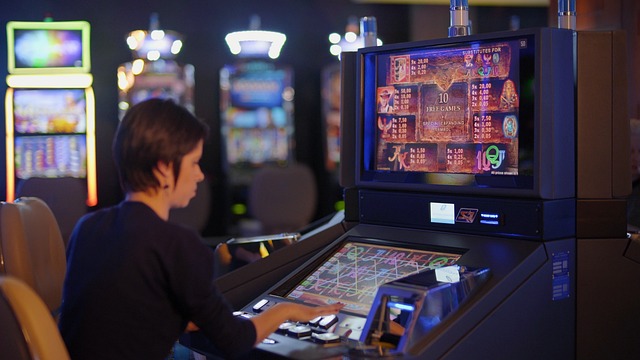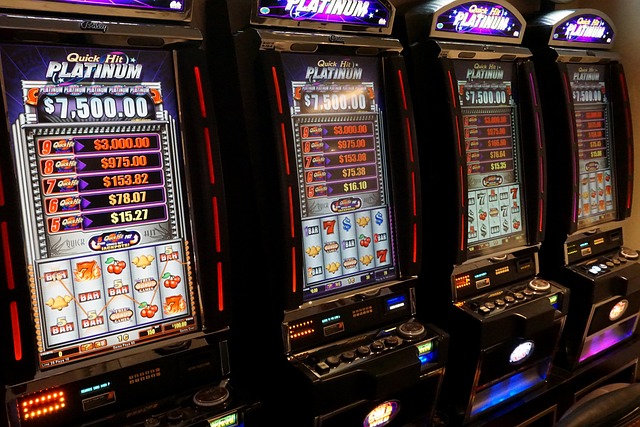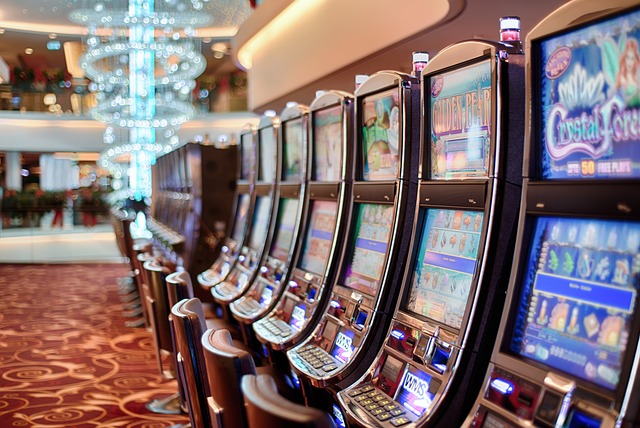From the hypnotic rotation of the roulette wheel to the flashy spectacle of the ‘Wheel of Fortune’, spinning wheels have long been emblematic of gambling’s unpredictable thrill. The HellSpin, in its various incarnations, has become a staple of television entertainment. But what is it about this simple act of spinning that has captivated audiences for decades? Let’s delve into the timeless allure of the wheel in gambling and its omnipresence on the small screen.
A Symbol of Chance
At its core, the spinning wheel represents the very essence of gambling: the unpredictable nature of chance. Each spin is a new opportunity, a fresh slate. The wheel doesn’t remember its previous spin, embodying the concept of independent events in probability. This translates to hope for the player or viewer, knowing that each spin has the potential for a win, regardless of past outcomes.
An Ancient Fascination

Humans have always been intrigued by chance and the unpredictable. Ancient civilizations, from the Greeks to the Chinese, had their versions of games of chance. The act of spinning to determine an outcome can be traced back millennia, from spinning tops to early incarnations of roulette. This historical connection lends an element of timeless intrigue to the spinning wheel.
The Visual Drama
The visual element of a spinning wheel is undeniably engaging. The colors, numbers, or symbols blur into a mesmerizing dance as the wheel turns. As it starts to slow, tension builds. Each viewer waits with bated breath, hoping their chosen outcome will be the victor. The final moments before the wheel stops are filled with palpable suspense, culminating in the rush of victory or the sting of defeat. This visual drama is tailor-made for television, offering viewers a roller-coaster of emotions in mere seconds.
Simplicity and Inclusivity
One of the great appeals of spinning wheel games, whether on TV or in casinos, is their simplicity. There’s no need to understand complex rules or strategies. This makes it inclusive, allowing anyone, from any background or age group, to engage and enjoy. TV producers recognize this universal appeal, making such games a staple in many shows to ensure a broad viewership.
A Metaphor for Life

Beyond its entertainment value, the spinning wheel is often seen as a metaphor for life’s unpredictability. Just as we don’t know where the wheel will stop, we can’t always predict life’s twists and turns. This philosophical underpinning can make watching the wheel an almost introspective experience, reminding us of the larger uncertainties that shape our existence.
Commercial Opportunities
From a television production standpoint, spinning wheel games offer ample opportunities for commercialization. Sponsors can place their products or logos on the wheel, turning each spin into an advertisement. The simple format also allows for various adaptations, ensuring that the concept remains fresh and engaging season after season.
The spinning wheel’s charm lies in its amalgamation of history, drama, simplicity, and philosophy. Its ability to evoke strong emotions, from the dizzying highs of victory to the crushing lows of defeat, makes it a perfect fit for television. As long as humans remain fascinated by chance and the unknown, the spinning wheel will continue to turn, both in casinos and on our TV screens.



